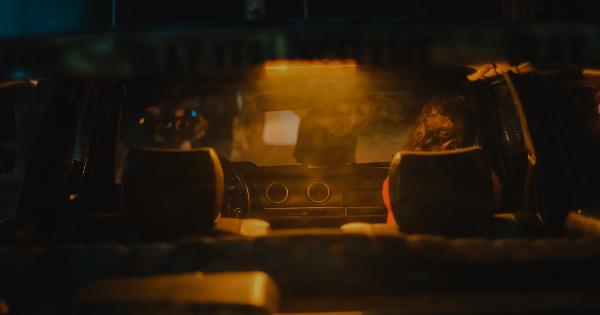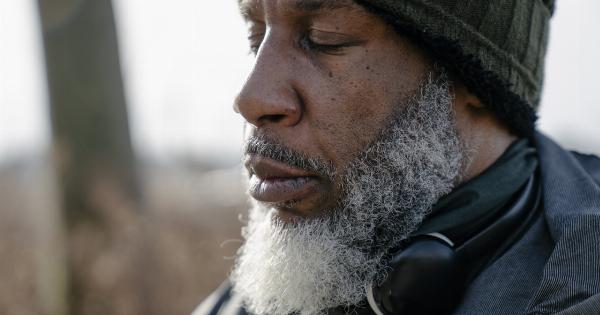Getting into an accident can be a stressful and overwhelming experience, but it becomes even more complicated when dealing with insurance.
Understanding your insurance policy and knowing what to do in the event of an accident can make the process much smoother for you.
What does your insurance policy cover?
The first step in understanding your insurance policy is to know what it covers. This information can typically be found in your policy’s declaration page. Most policies cover the following:.
- Liability: This covers damages or injuries you cause to others.
- Collision: This covers damages to your vehicle in the event of an accident.
- Comprehensive: This covers damages to your vehicle that occur outside of a collision, such as theft or weather-related damage.
- Personal Injury Protection (PIP): This covers medical expenses and lost wages for you and your passengers, regardless of who was at fault for the accident.
It’s important to note that not all insurance policies are the same, so it’s essential to review your policy and make sure you understand what it covers.
What should you do if you get in an accident?
If you’re involved in an accident, here’s what you should do:.
- Check for injuries and call for medical assistance if necessary.
- Contact the police to report the accident.
- Exchange information with the other driver(s) involved, including insurance information.
- Take photos of the scene and any damage to your vehicle.
- Notify your insurance company as soon as possible.
It’s important to note that you should never admit fault at the scene of the accident, even if you think you were responsible. Let the insurance companies determine fault based on the evidence and information provided.
How does the claims process work?
After you’ve reported the accident to your insurance company, a claims adjuster will investigate the accident and determine who was at fault. Once fault has been determined, the claims process will begin. Here’s what you can expect:.
- Your insurance company will assign a claims adjuster to your case.
- You’ll need to provide the claims adjuster with any relevant information, including the police report, witness statements, and any photos you took at the scene.
- The claims adjuster will assess the damage to your vehicle and determine the cost of repairs or replacement.
- If your policy includes PIP coverage, the claims adjuster will also process your claims for medical expenses and lost wages.
- You’ll need to pay your deductible before your insurance company pays for any repairs or replacement.
- Once the damage has been assessed, your insurance company will either pay for repairs or provide you with a settlement to replace your vehicle.
If the other driver was at fault for the accident, their insurance company will be responsible for paying for your damages. In this case, you’ll need to work with the other driver’s insurance company to file a claim and receive compensation.
What should you do if your claim is denied?
If your insurance company denies your claim, don’t panic. You may be able to dispute the decision or negotiate a settlement. Here’s what you can do:.
- Contact your insurance company and ask why your claim was denied.
- Review your policy to see if the denial is valid.
- Gather additional evidence, such as witness statements or photos, to support your claim.
- Consider hiring an attorney who specializes in insurance claims.
Conclusion
Getting into an accident can be a scary and stressful experience, but understanding your insurance policy and knowing what to do in the event of an accident can make the process much smoother.
Make sure you review your policy and understand what it covers, and always notify your insurance company as soon as possible after an accident.





















